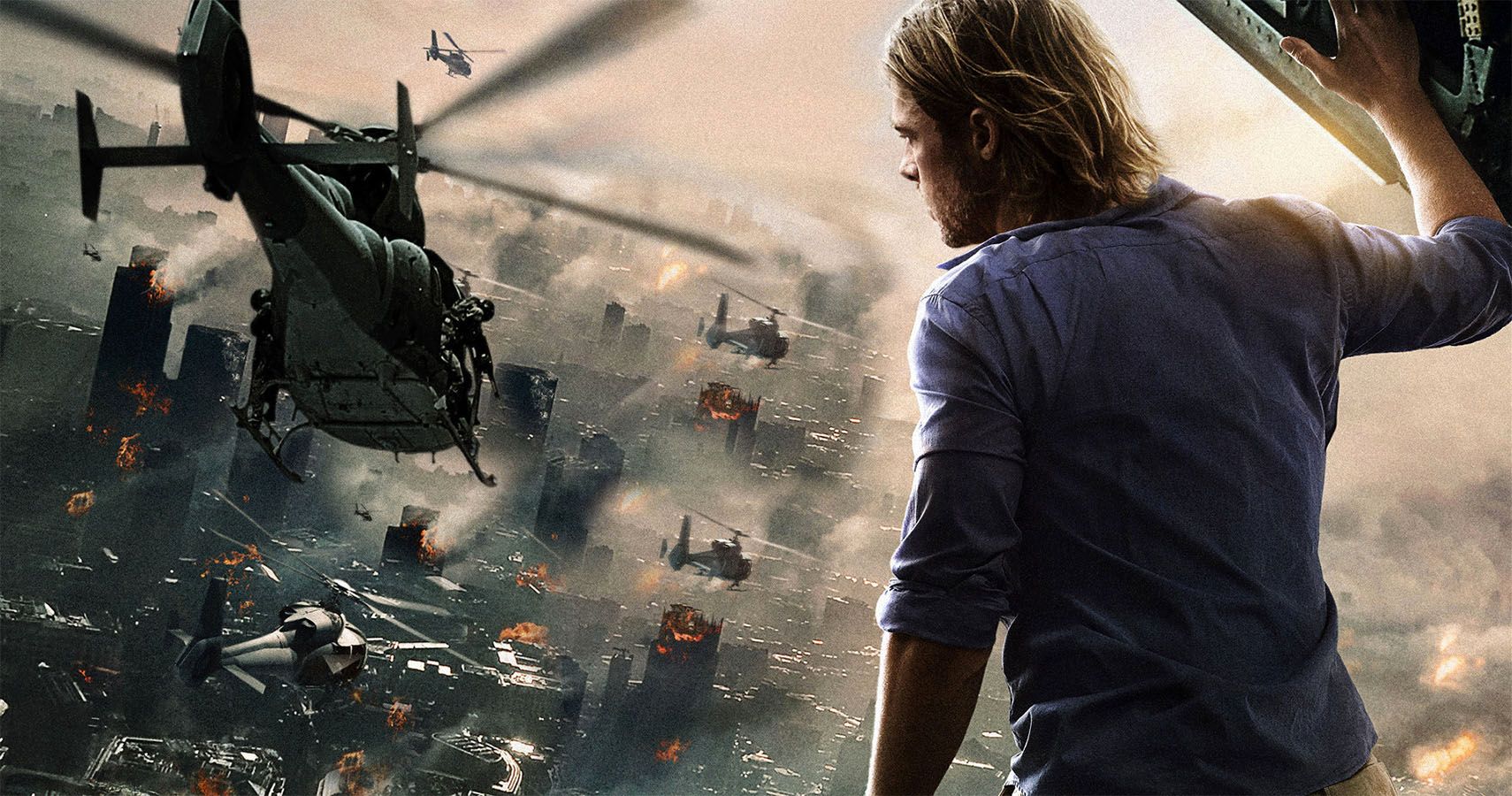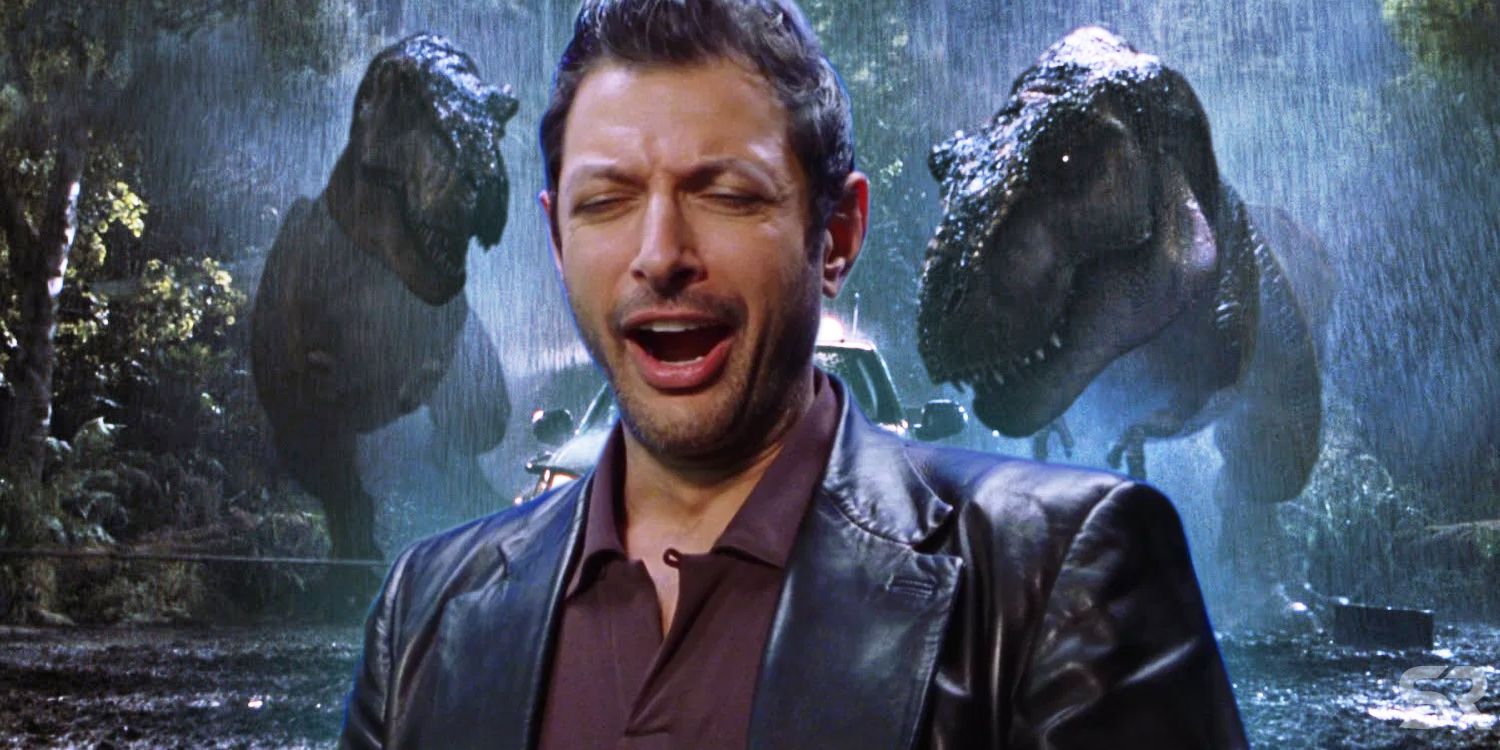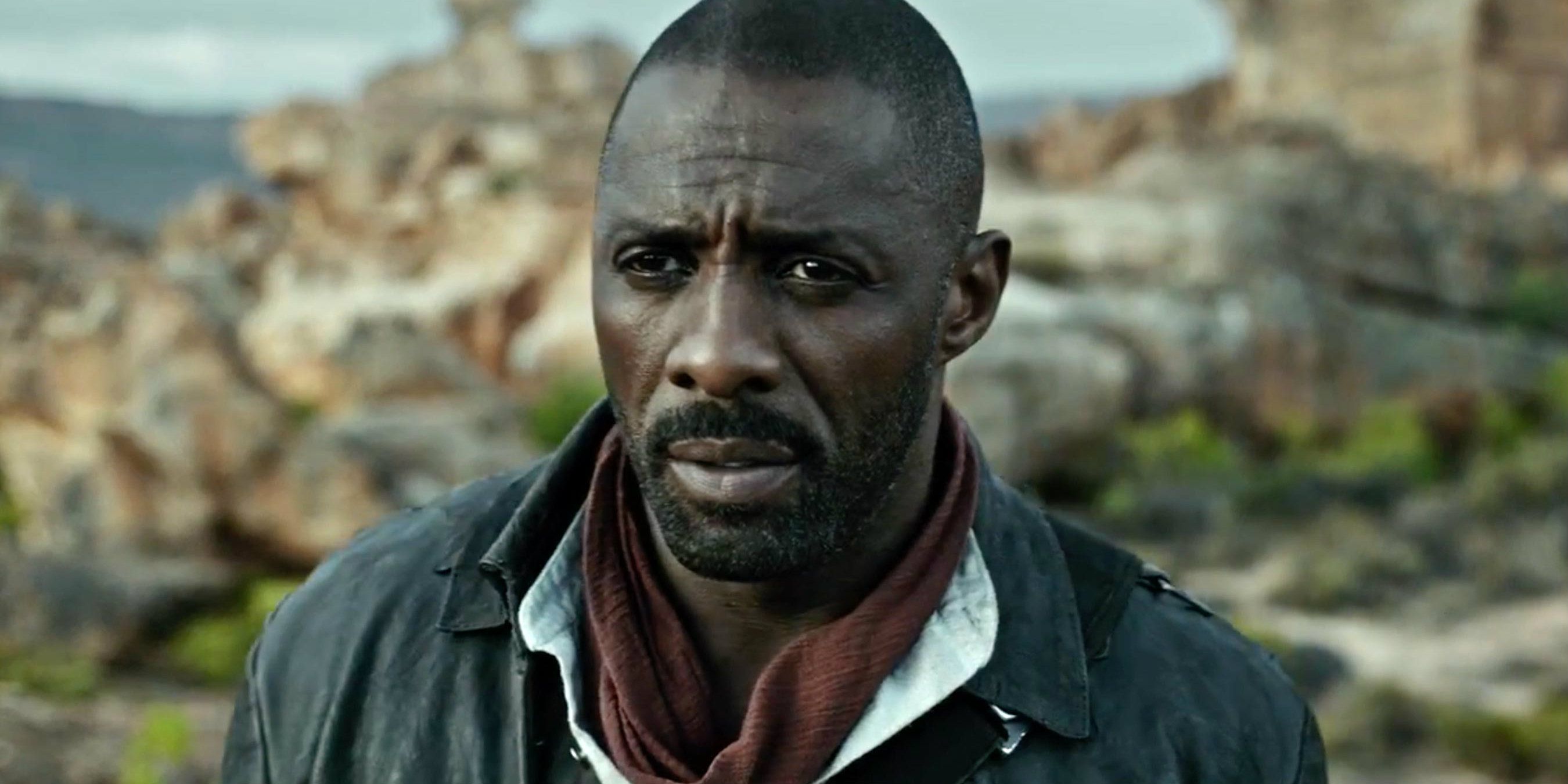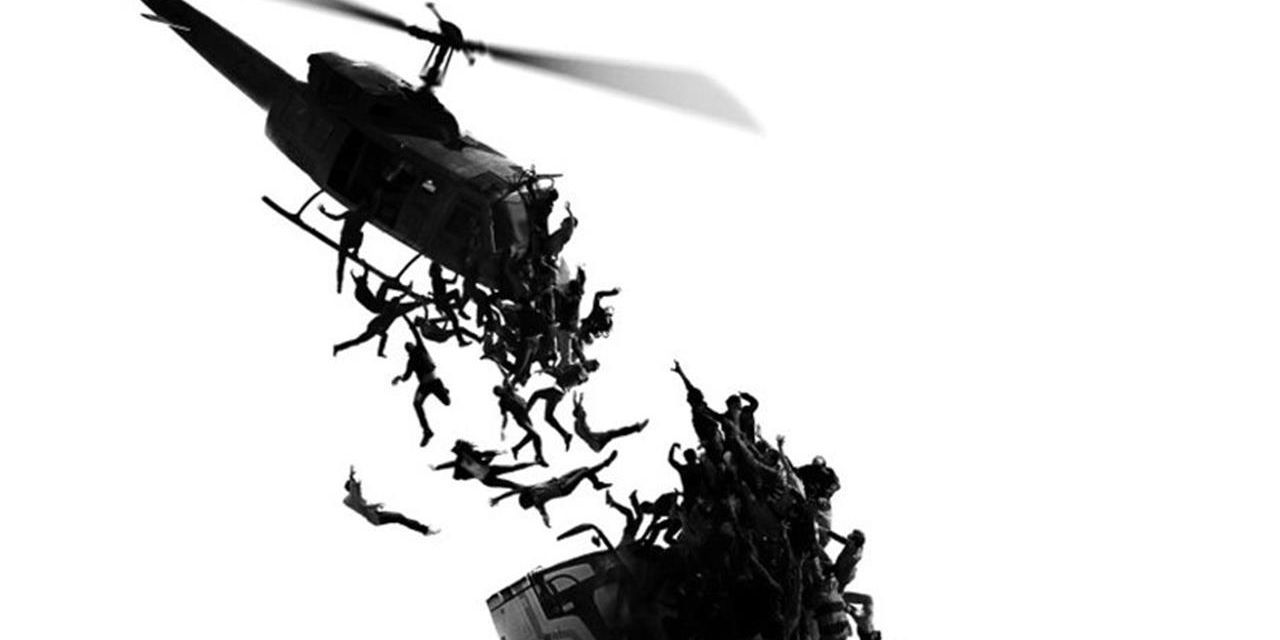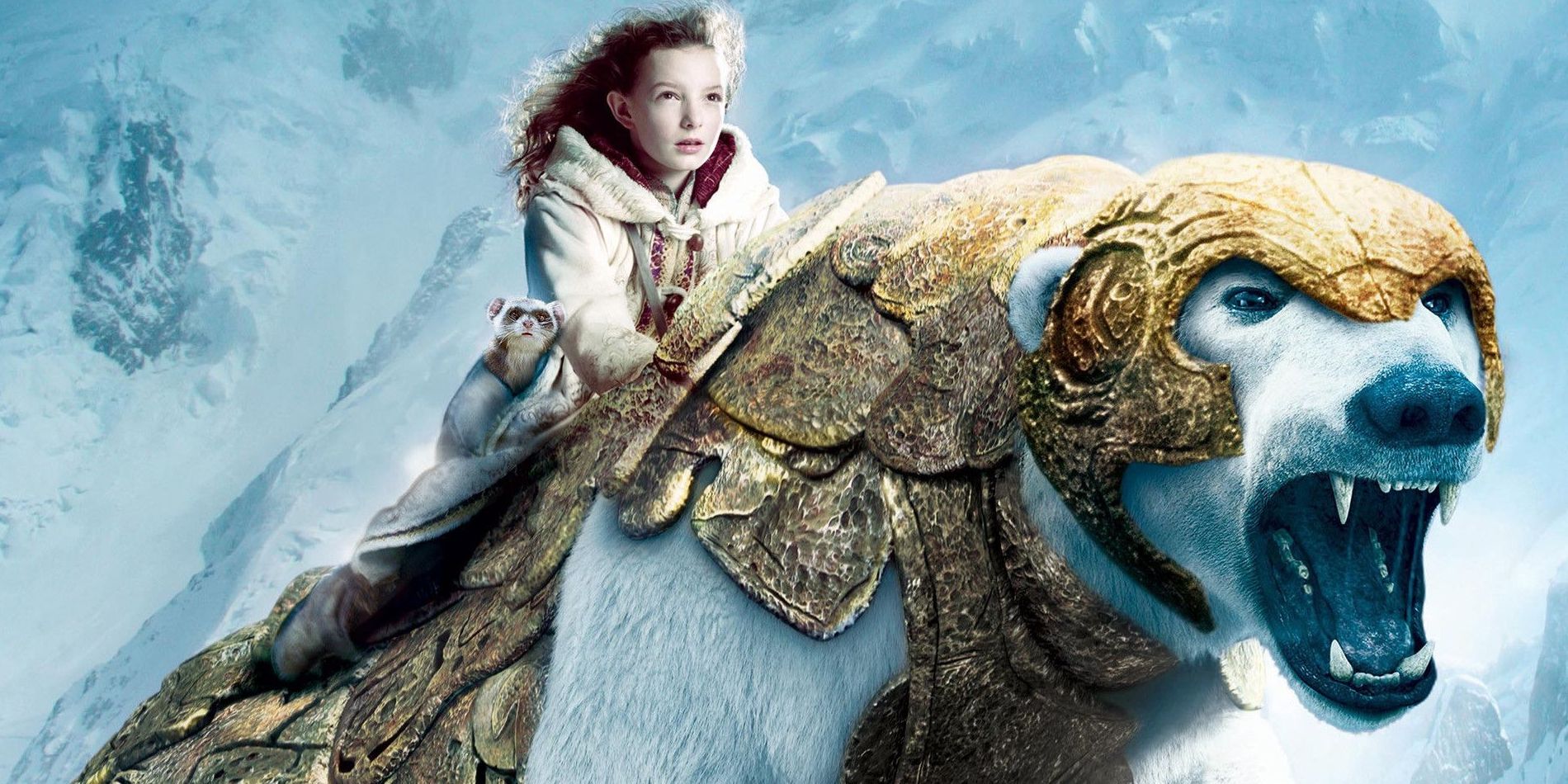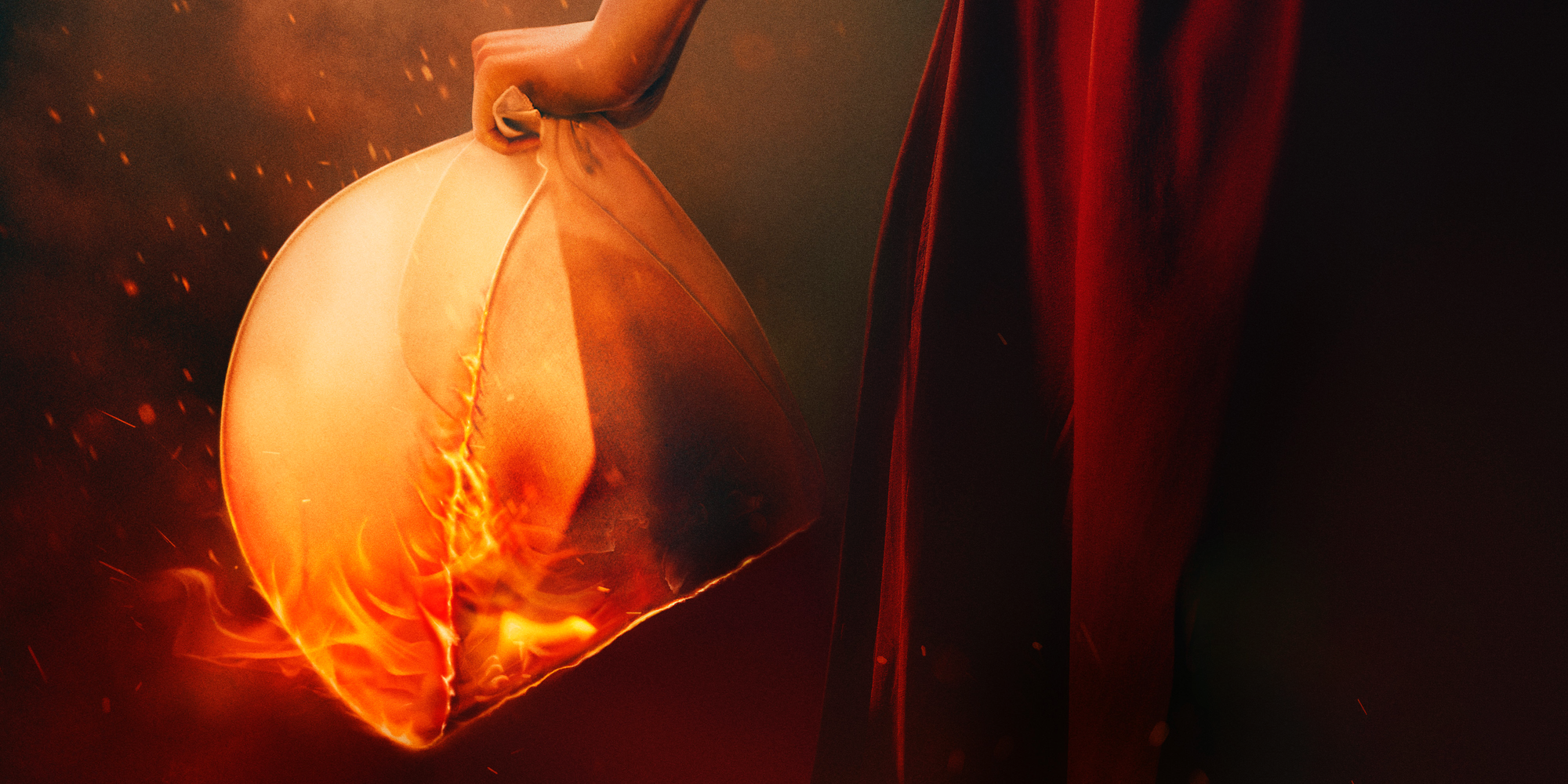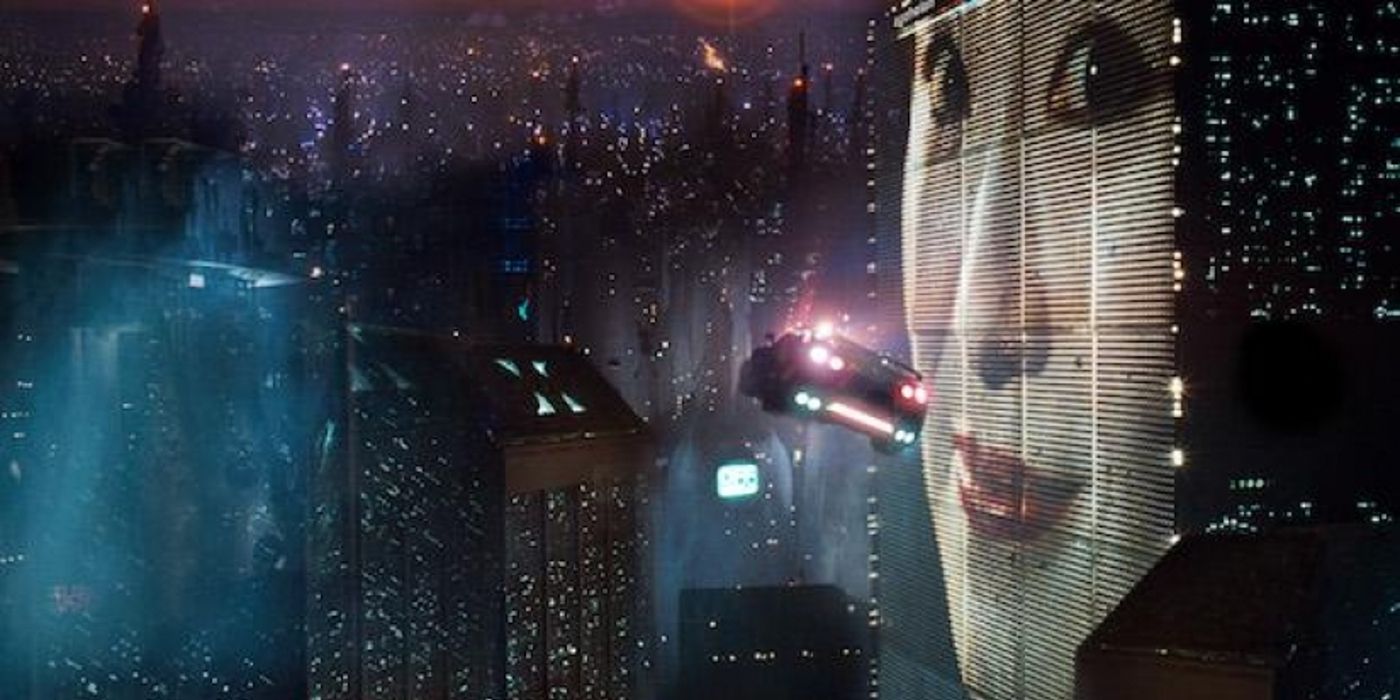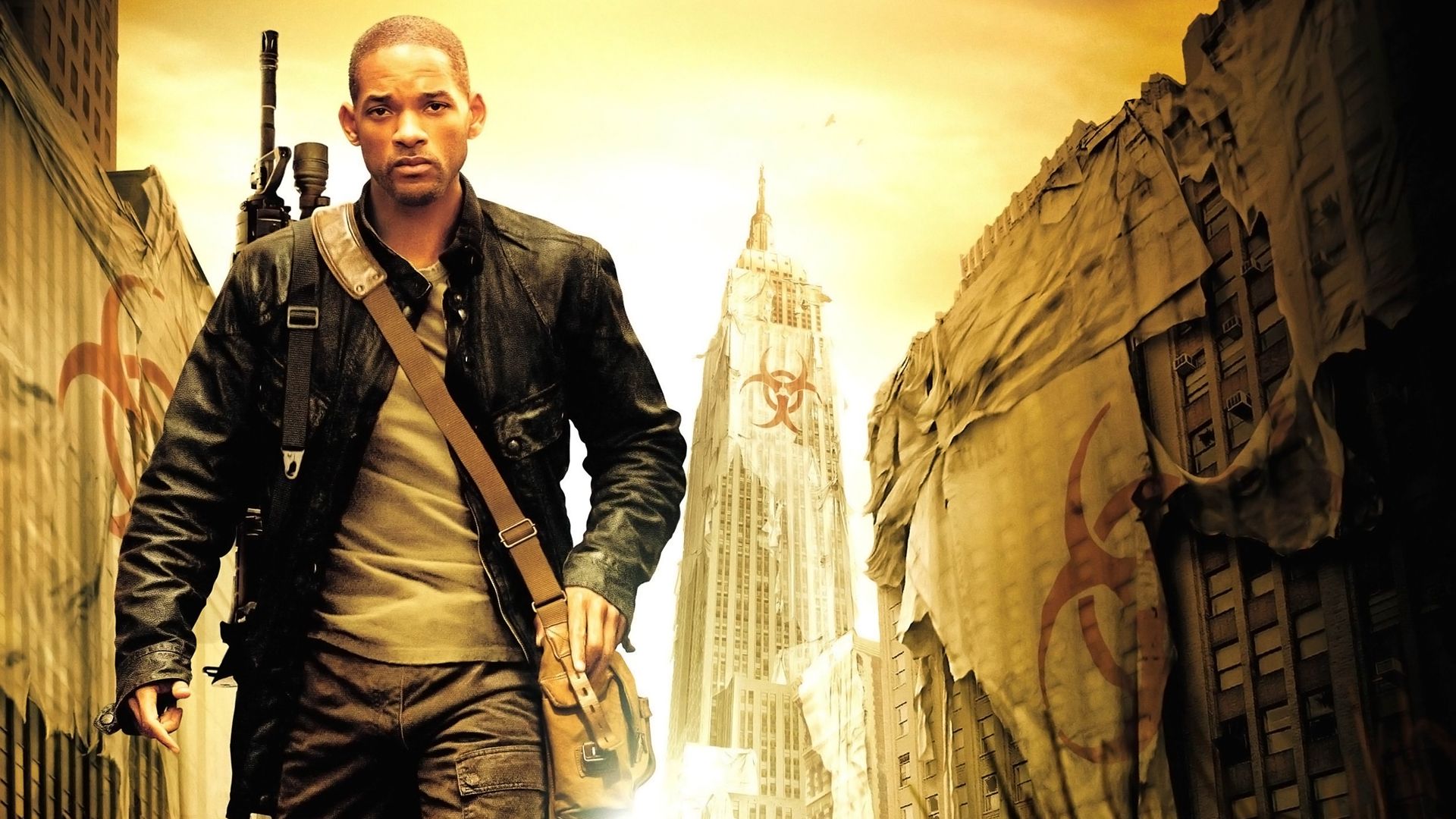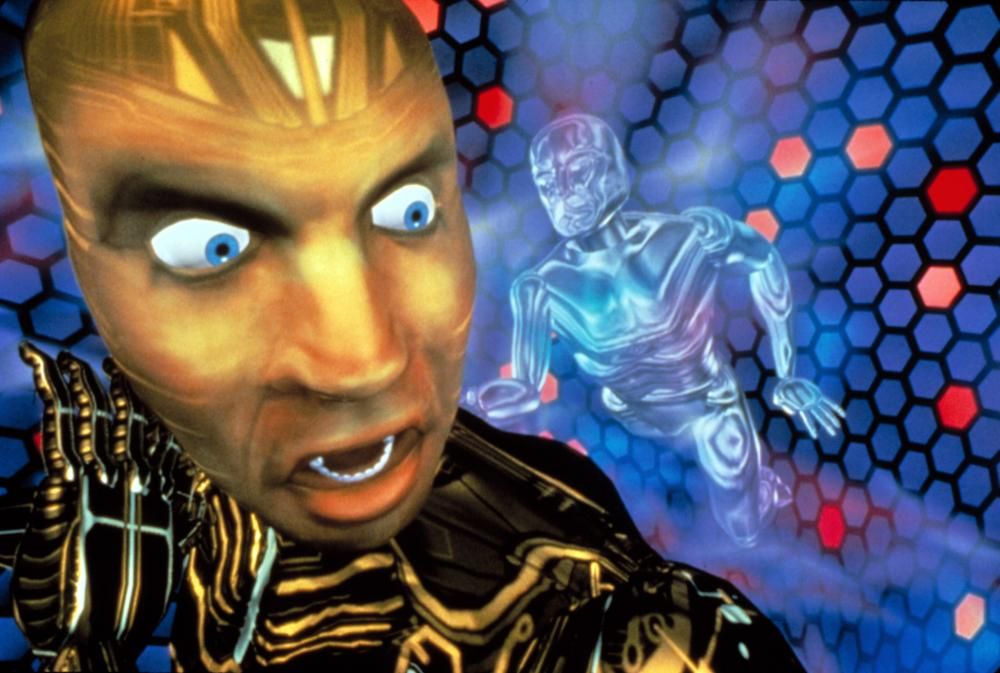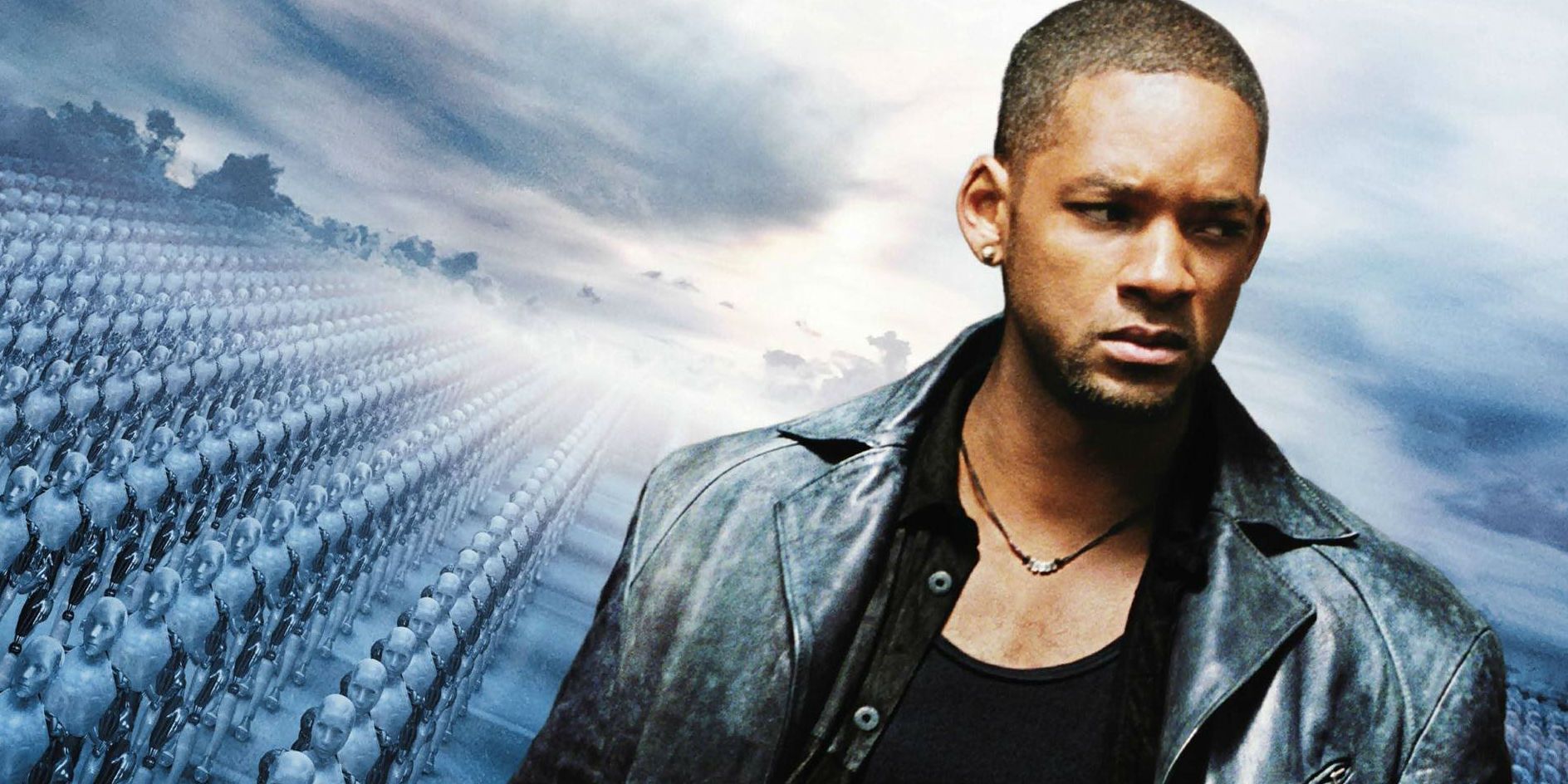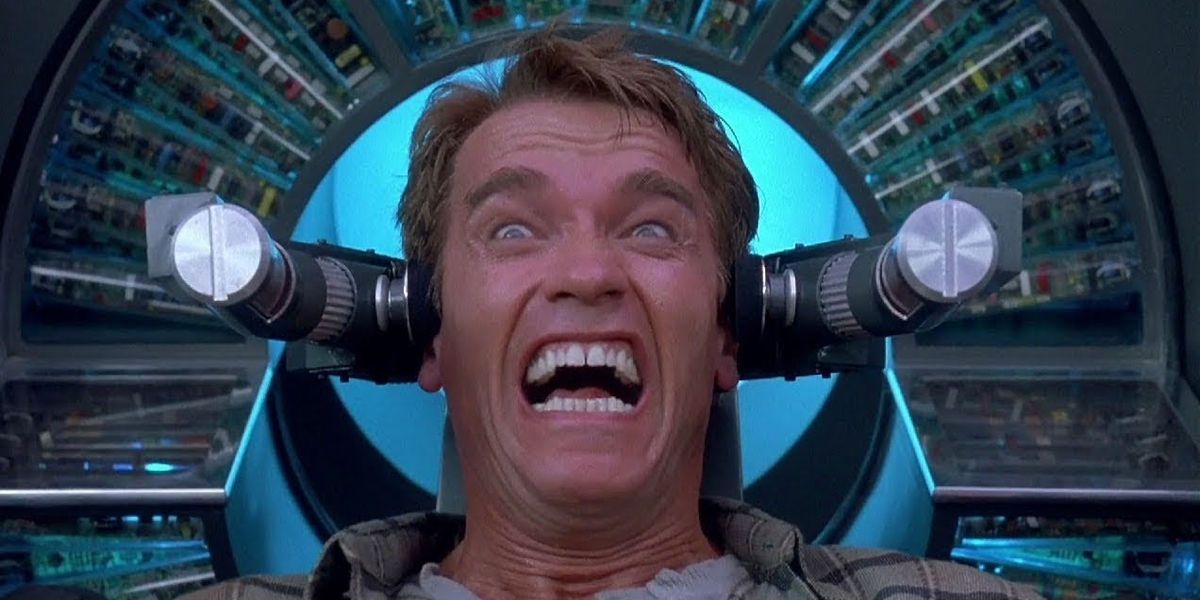A lot of great movies are adapted from great books. Sci-fi is no exception. Directors draw from the expanse of literary science fiction to create unforgettable stories. Sometimes, though, directors find themselves telling a slightly different story from the original novel. The director makes this creative choice because they feel the film will work better as a result. Or, perhaps, the changes are made for frugal reasons. Perhaps a moment in the book is simply too wild to create on film in a cost-effective manner. Or perhaps key moments are either cut or altered for time.
Regardless, there are several sci-fi books out there that were drastically changed from page to screen. But which sci-fi films changed a little too much, to the point where the finished product barely resembles the original?
The Lost World: Jurassic Park
While changes were made to Michael Crichton's Jurassic Park, the film and book are similar enough so that if you read a synopsis of each, you could identify the two as related. Not the case for The Lost World: Jurassic Park.
RELATED: 10 Bizarre Spaceships Cooler Than The Millennium Falcon
Aside from obvious details (like, no, the book does not feature a T-Rex rampage in San Diego), the only thing both the film and book have in common is Ian Malcolm. However, the villain of the book is actually the guy who tried to buy the dinosaur embreos from the first film, while the villain of the second film is InGen. The films tell drastically different stories that end with drastically different outlooks on what should be done with the dinosaurs.
Also, the book is better. Just saying.
The Dark Tower
The Dark Tower film is so dissimilar to the book that it feels like they stopped reading the book after the opening lines. Of course, the film early on existed as a pseudo-sequel to the multi-verse spanning saga by Stephen King. However, the 90-minute film barely captures any of the world presented in the sprawling novels -- not even the lean first novel in the series.
The film is a bland, forgettable film. There is a Gunslinger. There is a Man in Black. And that's all the dimension added to their characters.
World War Z
World War Z by Max Brooks is the history of a large, long conflict between humanity and the zombie invaders. It attempts to recreate the feel of an oral lecture on historical event in order to tell a large story not about any single character.
RELATED: 10 Anime That Should Be Made into Live-Action Films (After Alita: Battle Angel)
The film, obviously, couldn't tell such a sprawling story, so it instead focused on a singular character in the greater zombie conflict. While this makes sense from a story standpoint, the problem is that, by doing this, any uniqueness to the World War Z story was lost. What separates the film from any other zombie film?
The Golden Compass
While the BBC is having a second crack at adapting The Golden Compass, this 2007 film, following up on the popularity of Narnia and Harry Potter, failed to capture the bizarre science-fantasy world of Philip Pullman's His Dark Materials.
Ignoring the fact that the film excludes much of Pullman's more controversial views on religion, many scenes are either tamed or removed in order to avoid disturbing audiences. The directors wanted to turn this very transgressive book into something safe and marketable, which, in turn, stripped it of anything worth seeing.
The Handmaid's Tale
No, not the Hulu series. The film. Remember The Handmaid's Tale film? This film attempted to gloss over some of the more disturbing aspects of Margaret Atwood's novel by softening the conflict. Some distinct changes include some cathartic revenge and a far more uplifting ending.
RELATED: Dune Vs. Star Wars Episode IX (6 Reasons Why Dune Is Better And 4 Reasons Why It’s Not)
Doing so, of course, misses the point entirely of the dark, disturbing novel. It becomes almost uplifting when it ought to be painfully cynical and critical. It softened the social commentary of the book so greatly that it barely left a blip while the book remained a best-seller.
Blade Runner
Sometimes, change is good. Philip K. Dick's body of work is incredibly surreal and complex. Any director adapting any of his work needs to make drastic changes to make the film version coherent, let alone entertaining. Dick's schizophrenic writing style works on page because it immerses you in a sense of madness.
But for Blade Runner, Ridley Scott wisely altered many components of Dick's book. The idea of a depopulated world? A strange religion that simultaneously is a lie and real? Ray guns? Mood organs? An entire police district controlled by Replicants -- who, in the book, aren't called Replicants? Perhaps the most startling difference from book to screen, though? Definitive proof that Decker is human.
I Am Legend
I Am Legend by Richard Matheson has never been properly adapted. Despite three films existing, the only one that comes close is the first one: The Last Man on Earth, starring Vincent Price. By the time Will Smith's far more popular film came out, fans were hoping that, after two failed attempts, the book could finally make it to the big screen. Oh how disappointed they were.
RELATED: 18 Sci-Fi Movies Coming In 2019 (And 15 We Still Have To Wait For)
The film trades out intelligent vampires for CGI zombies. The uncurable virus is cured. Will Smith dies a hero. Human survivors are given a chance at survival. While the alternate ending would've been closer to the book, it still doesn't capture the extent of dread that exists in the final pages of the book. It is surprising that a low-budget film now in the public domain remains the only film to keep elements of the book's finale.
The Lawnmower Man
The Lawnmower Man bares such little resemblance to Stephen King's original story that you can barely even compare the two. The film is about a less intelligent man being given super-intelligence that allows him to become a super-awesome hacking computer virus.
The original novel is about Pan. Who is, actually, running a lawnmowing service. It's one of King's lesser short stories, sure, but, somehow, someone turned a fantasy-horror short story into a pseudo-cyberpunk film. What even?
I, Robot
I, Robot is a collection of short stories Isaac Asimov wrote because he wanted to show every story he could write that wasn't about robots trying to take over the Earth. The film adaptation of I, Robot did the exact opposite.
Nothing that happens in I, Robot is anything close to what happens in any of the short stories that comprise Isaac Asimov's collection. This is, of course, because the filmmakers probably doubted audiences would want to watch robots find religion or slowly overtake the functions of mankind with humanity's permission. The only thing that is retained are the Three Laws of Robotics, which are subsequently ignored by every robot in the film.
Also, more Will Smith. Will Smith is bad for the adaptation process.
Total Recall
Philip K. Dick has countless stories that never really got adapted right to film. While the films are masterpieces in and of themselves, they are not reflective of the original work.
"We Can Remember it For You Wholesale" is a short story where a character is implanted with false memories and may be a spy in hiding. That is the only connection it shares to Paul Verhoeven's adaptation, Total Recall. Aside from greatly expanding the short story, the core idea of the film -- from its conspiracies and intrigue to everything -- are completely different.
All I got to say is this: aliens. The short story deals with a race of mini-aliens.
The similarities between the book and sci-fi classic film are so few you can count them on one hand.

